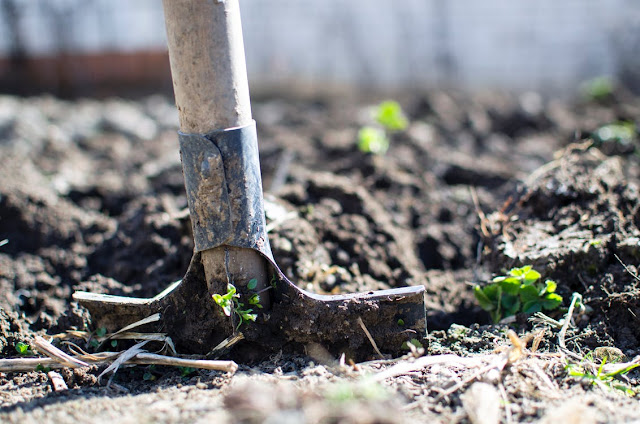- Get link
- X
- Other Apps
Posted by
Michel Haaring
- Get link
- X
- Other Apps
Organic Gardening Tips & Tricks for Beginners
The demand for organic products has become quite overwhelming in recent years. Wherever you go, many people are choosing to buy organic products over regular ones, whether it's food, cosmetics, toiletries or cleaning products. The reason is that organic products tend to be much safer. They contain no toxins or artificial chemicals.
When it comes to fruits and vegetables, there is no doubt that organic varieties do offer more health benefits. However, many people still prefer to buy the regular types because of the cost factor. With the added processes and regulations that apply to the production or manufacture of organic products, it's only natural for them to be priced slightly higher than their regular counterparts.
Does this mean you have to pay top dollar in order to enjoy the health benefits of organic produce? Not necessarily. There is another option, and that is to start your own organic garden. By planting your own organic fruits and veggies, you can have yourself some healthy produce without having to spend a lot of money.
Starting Your Own Organic Garden
Contrary to what many people may think, it's not very difficult to start an organic garden. It's basically the same as regular gardening except that you won't be using any chemical fertilizers or pesticides at all.
The Shoestring Gardener - Frugal Eco-friendly Gardening Tutorial
If you already have an existing vegetable garden and you want to make it organic, it's a good idea to make the switch gradually. This will give both you and your plants time to adjust to the change, and will eventually yield far better results.
One of the basic chores that you need to learn when starting an organic garden is composting. You can begin by digging a compost pit in a corner of your yard, where you can dump your vegetable cuttings, fruit rinds, dried tree leaves, and other organic matter that you would ordinarily throw into the trash can. Over time, these bits of garbage will turn into an excellent soil amendment and fertilizer, which you can add to your planting soil to make it richer.
Getting Rid of Pests
One of the biggest challenges that you may have to face when starting an organic garden is getting rid of pests. This is particularly difficult if you have become used to spraying pesticides onto your plants, which is what most people do.In organic gardening, chemical pesticides are not used at all. You will need to find an organic replacement or find another method for taking care of the pests on your plant.
There are many natural pesticides you can use. You may just have to try a few of them before finding the one that works best. These natural pesticides include cayenne pepper, wood ash, lemon juice, diatomaceous earth, and neem oil. In any case, it is best to be vigilant so that you can address pest problems before they get any worse.
Natural and Organic Pest Control
In the beginning, growing your own organic fruits and vegetables may take time, effort, and some getting used to. But once you get to reap the rewards of your hard work, all your efforts will definitely have paid off.
Hope you liked this article?
If so, bookmark this blog and check weekly for new posts about Gardening/Organic Gardening
Ps:We really like it when you leave a comment :)
Cheers,
Michel







Comments